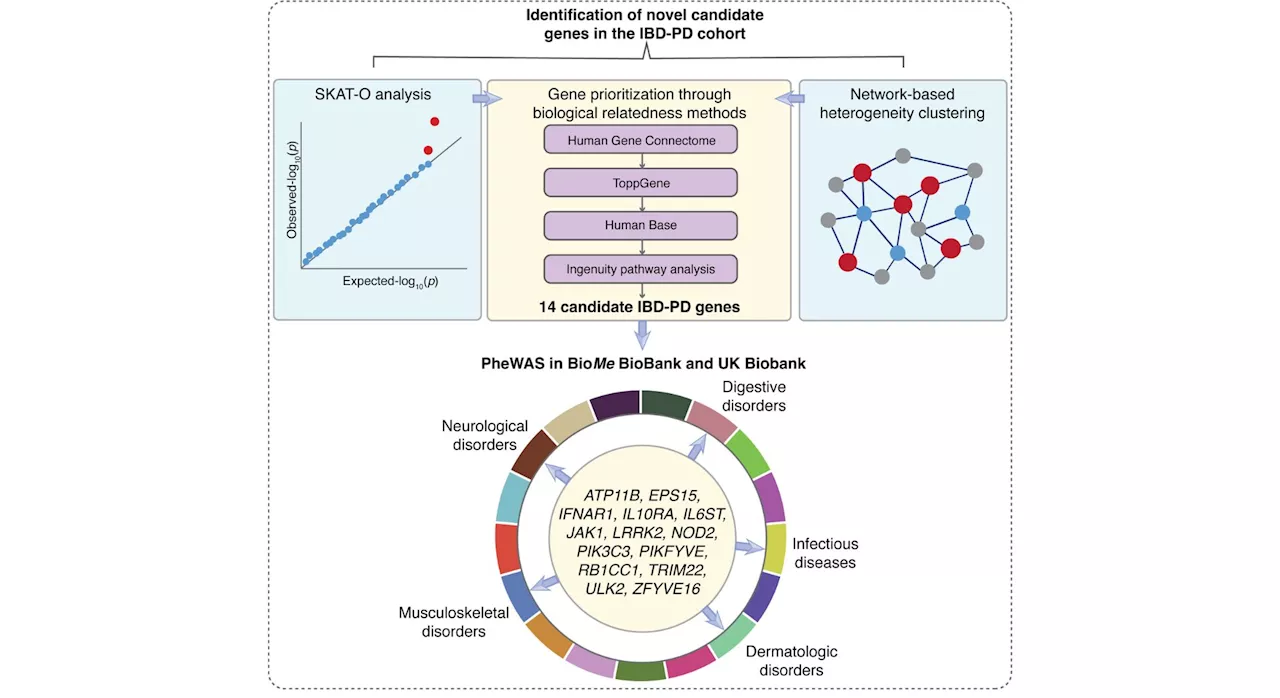In contemporary society, obesity has emerged as a worldwide chronic metabolic disorder, imposing substantial burdens on both individual health and healthcare systems.
May 29 2024Frontiers Journals The insulin resistance that accompanies obesity poses a serious threat to human health.
A recent study published in Life Metabolism reports that high temperature can ameliorate insulin resistance by promoting ceramide catabolism in skeletal muscle tissue of obese mice. The researchers utilized a diet-induced obese mouse model and subjected them to either room temperature or high temperature treatment . They found that HT promoted SMT glycogen synthesis, increased the phosphorylation level of protein kinase B , and lowered blood glucose levels in SMT, indicating that HT improved insulin resistance in DIO mice. Additionally, HT can sustain the decay phase of heat shock factor 1 , thereby activating the gene expression of heat shock proteins .
Related StoriesThis study revealed a previously unknown connection between high temperature exposure and sphingolipid metabolism in obesity, suggesting that HT can ameliorate IR by promoting sphingolipid degradation in SMT of obese mice. This groundbreaking discovery not only provides new insights into addressing obesity and insulin resistance but also offers theoretical support for the development of hyperthermia therapy as a novel strategy for treating obesity and metabolic diseases.
Chronic Healthcare Heat Insulin Insulin Resistance Metabolism
United Kingdom Latest News, United Kingdom Headlines
Similar News:You can also read news stories similar to this one that we have collected from other news sources.
 COVID-19 survivors show lasting brain function alterations, fMRI study findsThe long-term impact of coronavirus disease 2019 (COVID-19) on brain function.
COVID-19 survivors show lasting brain function alterations, fMRI study findsThe long-term impact of coronavirus disease 2019 (COVID-19) on brain function.
Read more »
 Study identifies genetic link between inflammatory bowel disease and Parkinson's diseaseResearchers at the Icahn School of Medicine at Mount Sinai have made a significant discovery, identifying genetic connections between inflammatory bowel disease (IBD) and Parkinson's disease (PD). Published in Genome Medicine on May 14, their study highlights the potential for joint therapeutic strategies to target these two challenging disorders.
Study identifies genetic link between inflammatory bowel disease and Parkinson's diseaseResearchers at the Icahn School of Medicine at Mount Sinai have made a significant discovery, identifying genetic connections between inflammatory bowel disease (IBD) and Parkinson's disease (PD). Published in Genome Medicine on May 14, their study highlights the potential for joint therapeutic strategies to target these two challenging disorders.
Read more »
 Study identifies factors associated with hydroxychloroquine retinopathyFactors associated with an increased risk for hydroxychloroquine retinopathy have been identified and include female sex, older age, and chronic kidney disease stage 3 or greater, according to a study published online May 9 in JAMA Network Open.
Study identifies factors associated with hydroxychloroquine retinopathyFactors associated with an increased risk for hydroxychloroquine retinopathy have been identified and include female sex, older age, and chronic kidney disease stage 3 or greater, according to a study published online May 9 in JAMA Network Open.
Read more »
 Study finds some children were prescribed nonrecommended meds for COVID-19Despite national guidelines, a small proportion of children were prescribed ineffective and potentially harmful medications for acute COVID-19, according to a study published online May 8 in Pediatrics.
Study finds some children were prescribed nonrecommended meds for COVID-19Despite national guidelines, a small proportion of children were prescribed ineffective and potentially harmful medications for acute COVID-19, according to a study published online May 8 in Pediatrics.
Read more »
 Study reveals mixed public opinion on polygenic embryo screening for IVFThree out of four U.S.
Study reveals mixed public opinion on polygenic embryo screening for IVFThree out of four U.S.
Read more »
 Study shows virus that causes COVID-19 can penetrate blood-retinal-barrier and could damage visionThe blood-retinal barrier is designed to protect our vision from infections by preventing microbial pathogens from reaching the retina where they could trigger an inflammatory response with potential vision loss.
Study shows virus that causes COVID-19 can penetrate blood-retinal-barrier and could damage visionThe blood-retinal barrier is designed to protect our vision from infections by preventing microbial pathogens from reaching the retina where they could trigger an inflammatory response with potential vision loss.
Read more »
